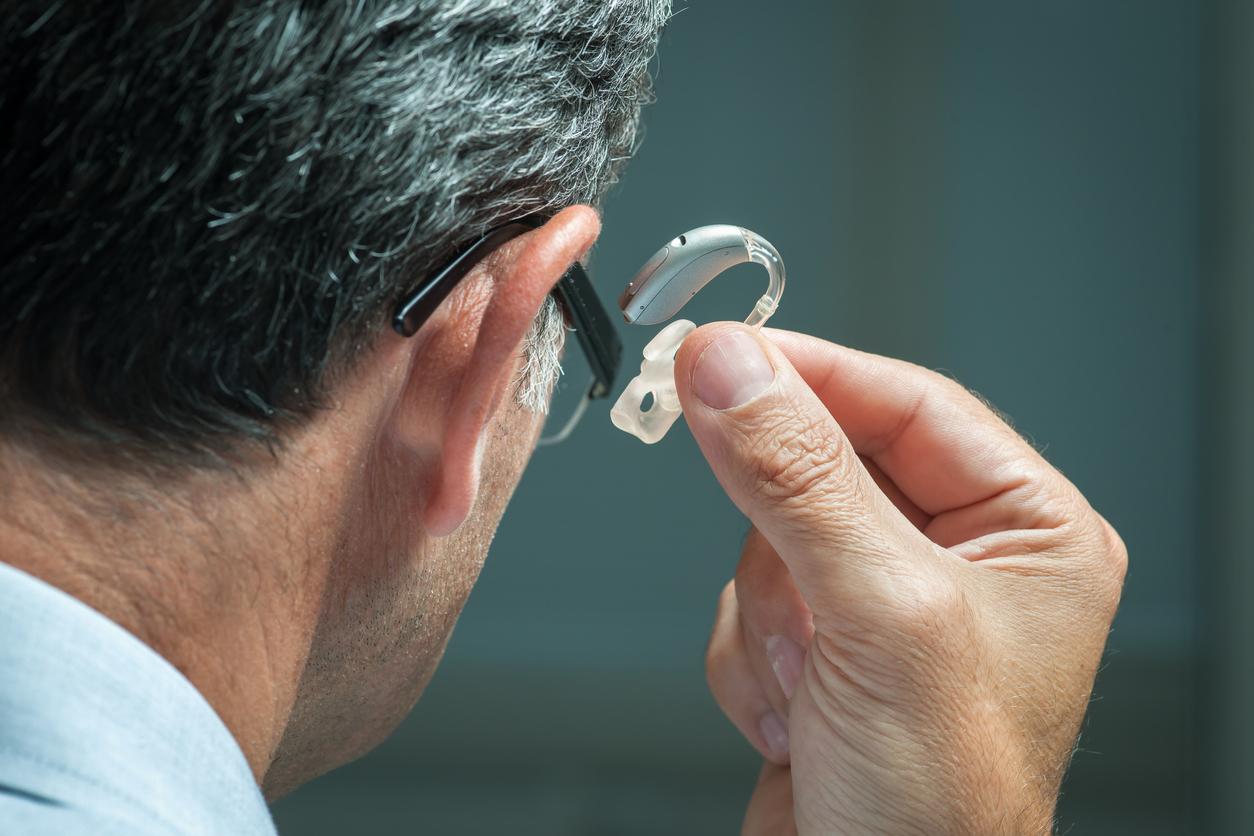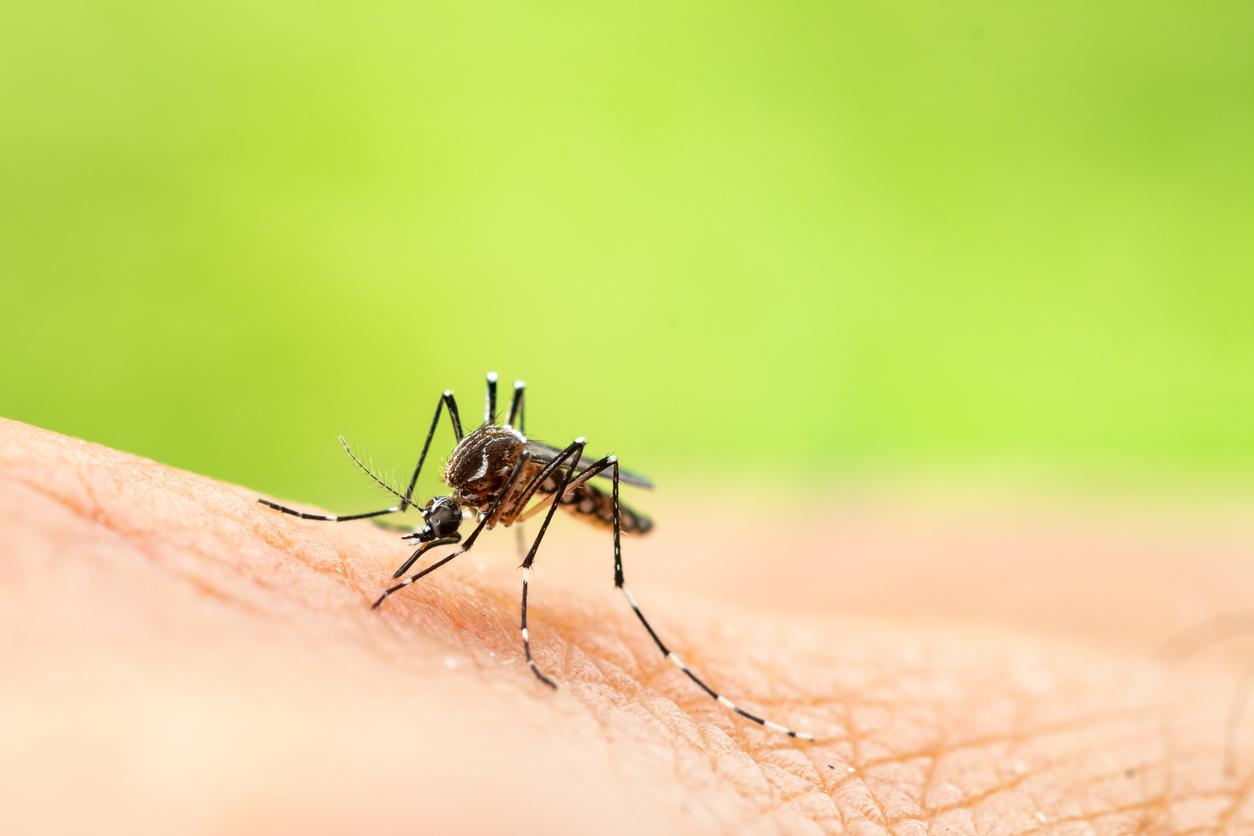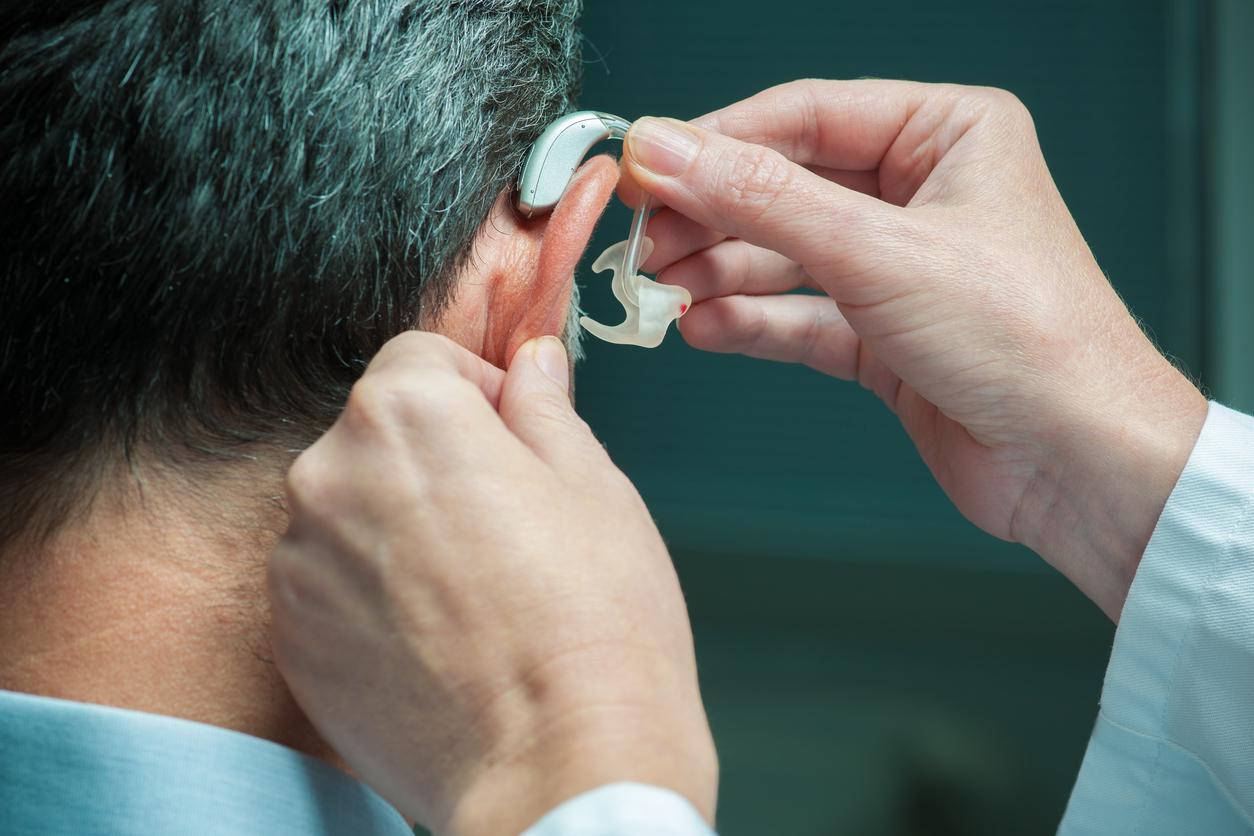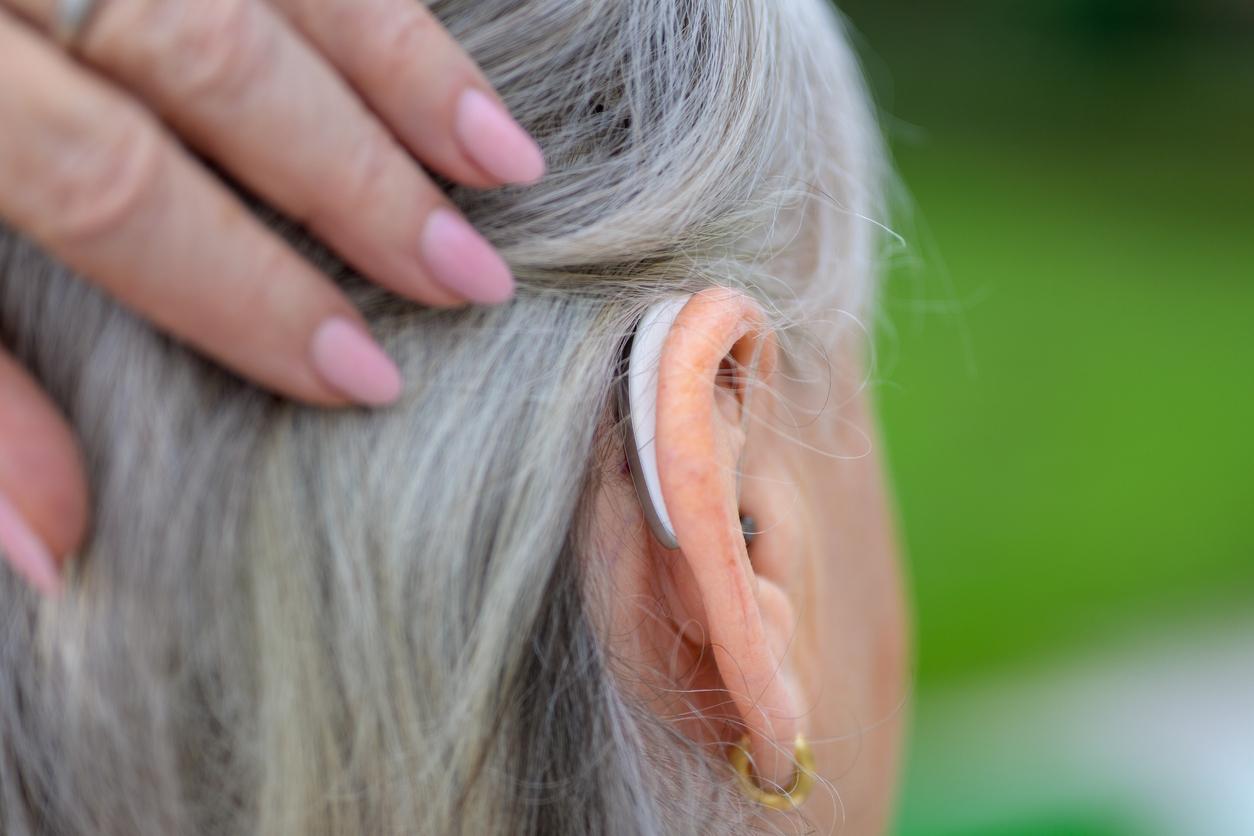The technique used consists of programming cells similar to stem cells so that they generate hair cells, those that allow hearing.
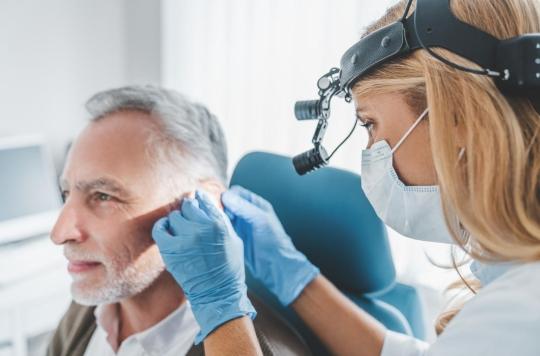
- A treatment that improves hearing has been developed by MIT researchers
- This drug was designed to be injected directly into the patient’s ear
Researchers from the Massachusetts Institute of Technology (MIT), in conjunction with the start-up Frequency Therapeutics, have developed a new type of regenerative therapy to improve hearing. Injected directly into the ear, this drug stimulates the growth of hair cells in the inner ear and would eliminate the need for a hearing implant.
Improvements in speech perception
A treatment that seems to bring rapid and lasting improvements: when first study clinical in over 200 patients, statistically significant improvements in speech perception in some participants were seen after a single injection, and some responses lasted nearly two years.
This was a priority for the researchers since speech perception is “the number one goal of hearing improvement and the number one patient need,” said Frequency co-founder and chief scientific officer Chris Loose. . “Some of the people in the trials couldn’t hear for 30 years, and for the first time they said they could go into a crowded restaurant and hear what their kids were saying,” said Professor Robert Langer of MIT.
Programming Progenitor Cells
In practice, the technique is that of using small molecules to program progenitor cells, cells similar to the stem cells of the inner ear, to create the tiny hair cells that make it possible to hear.
Progenitor cells reside in the inner ear and generate hair cells in utero, but they become dormant before birth and never develop into more specialized cells such as the hair cells of the cochlea again. Humans are born with approximately 15,000 hair cells in each cochlea. These die over time and when exposed to loud noises or medications, including some chemotherapies and antibiotics, and never recover.
Huge impact on society
The ability to restore hearing would make a significant contribution to solving a problem that affects more than 40 million people in the United States and hundreds of millions more around the world, and would have a huge impact on society. .
Indeed, hearing loss can lead to isolation, frustration and a debilitating ringing in the ears, called tinnitus. It is also closely linked to dementia
“Hearing is such an important sense; it connects people to their community and cultivates a sense of identity,” said Harvard-MIT Health Science and Technology Affiliate Faculty Member Jeff Karp.
The future of regenerative medicine
The founders believe their approach – injecting small molecules into the inner ear to turn progenitor cells into more specialized ones – offers advantages over gene therapies, which may rely on extracting cells from a patient , their programming in the laboratory, then their routing to the right area.
“Tissues throughout the body contain progenitor cells, so we see a wide range of applications,” Loose explained. “We believe this is the future of regenerative medicine.”
.









